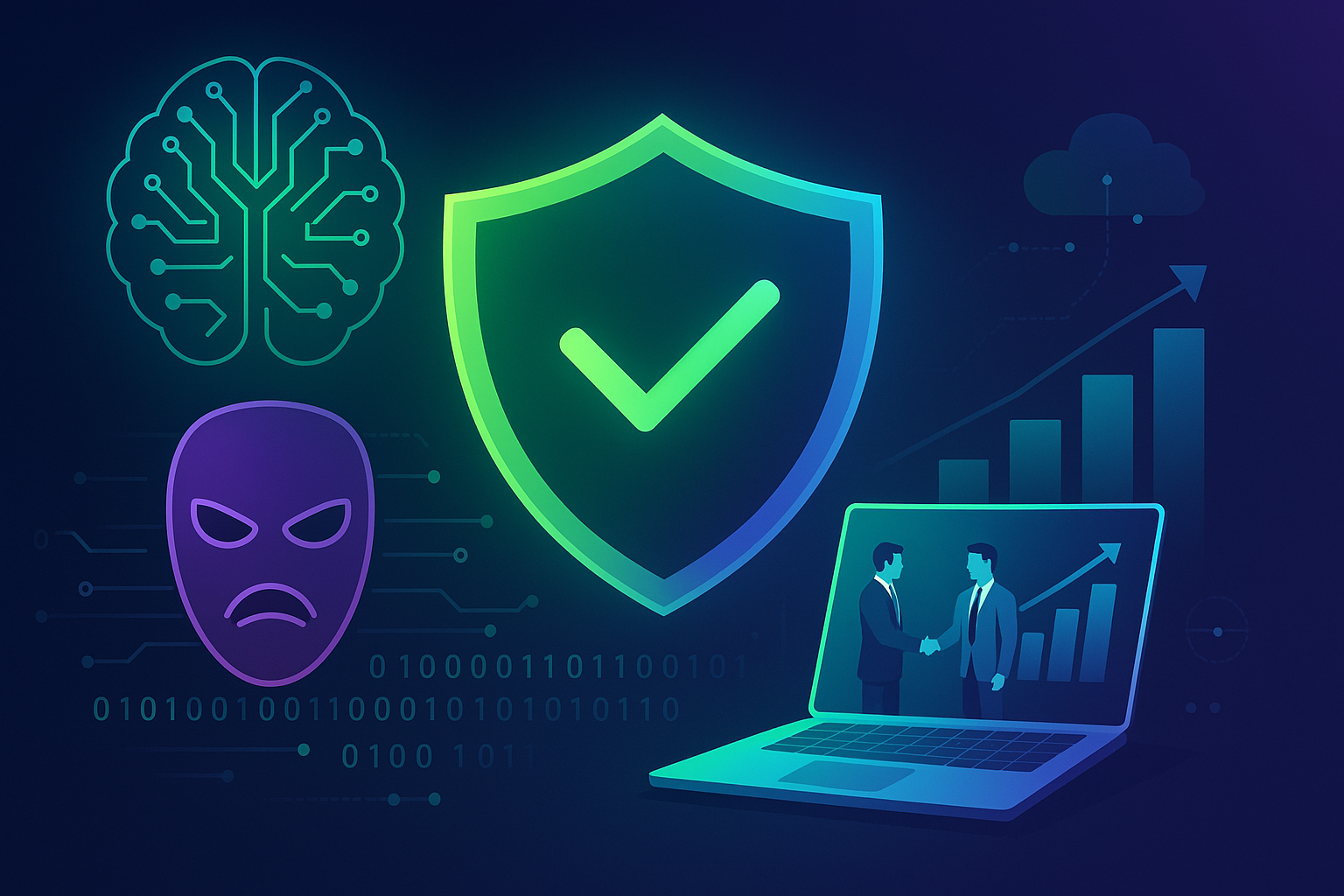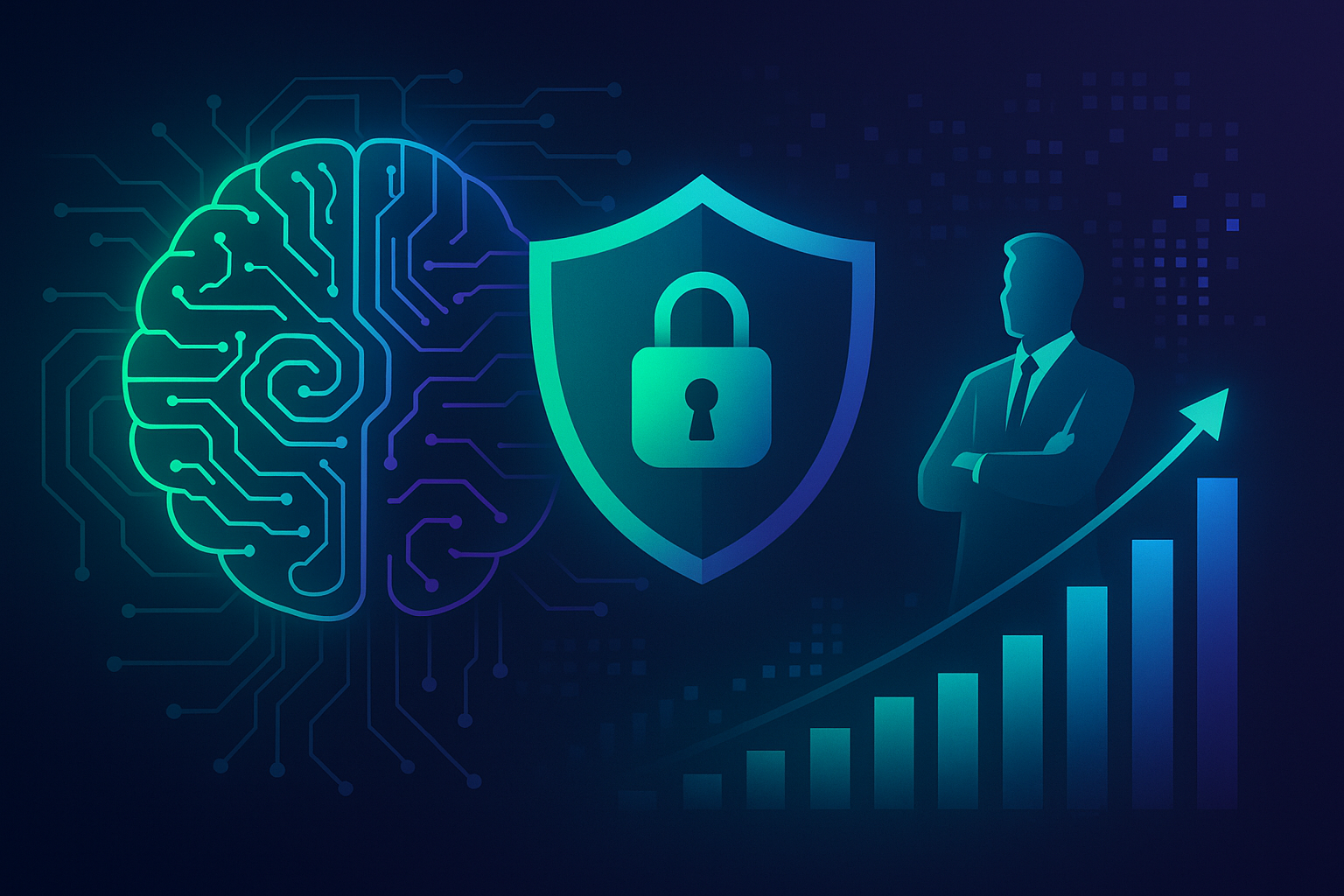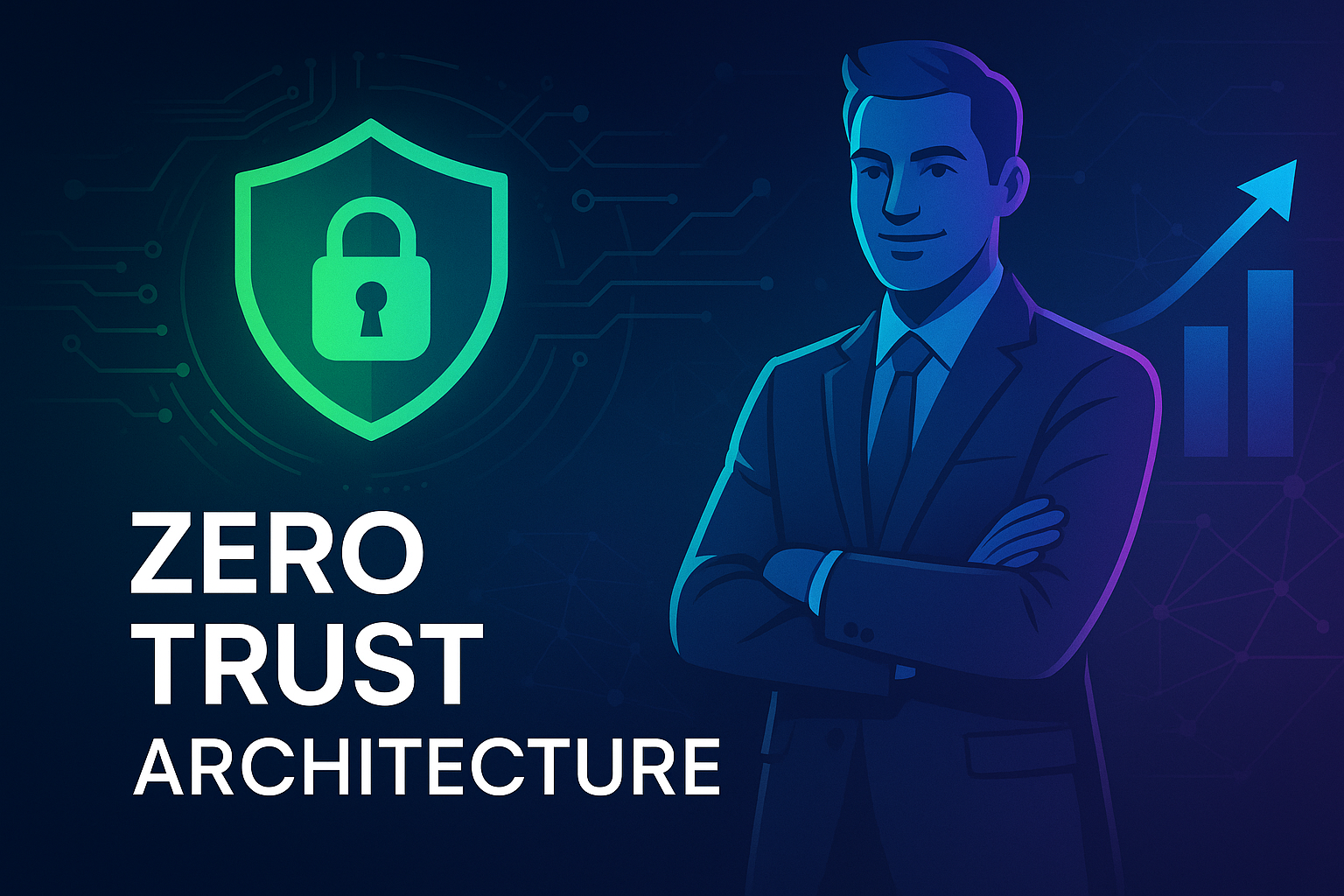Internet-Exposed GNSS Receivers in 2024: A New Cybersecurity Challenge
As we progress into 2024, the landscape of cybersecurity is ever-evolving, presenting businesses across Europe and beyond with new challenges and opportunities. One such emergent issue is the increased exposure of Global Navigation Satellite Systems (GNSS) receivers on the internet. This trend poses significant risks, particularly in critical sectors such as transportation, telecommunications, and logistics. In this article, we explore the vulnerabilities of these systems, the implications for businesses, and how firms can leverage advanced cybersecurity services to mitigate these threats.
Understanding GNSS and Its Growing Vulnerabilities
Global Navigation Satellite Systems are crucial for various applications, including navigation, timing, and location-based services. They are indispensable in sectors ranging from aviation to telecommunications. However, the increased prevalence of internet-exposed GNSS receivers in 2024 highlights a worrying trend. These systems are often left unprotected online, making them vulnerable to cyber-attacks such as spoofing and jamming.
According to recent studies, the number of internet-exposed GNSS receivers has surged, primarily due to the growing integration of Internet of Things (IoT) devices and inadequate cybersecurity measures. Attackers can exploit these vulnerabilities to disrupt services, cause navigation errors, and even manipulate timing signals, which are critical for financial and telecommunication sectors.
The Implications of GNSS Receiver Vulnerabilities
The ramifications of compromised GNSS receivers are vast. For instance, in the transportation sector, altered GNSS data can lead to misrouted shipments and delays, significantly impacting supply chain efficiency. In telecommunications, incorrect timing signals can disrupt network synchronization, leading to service outages and financial losses. Moreover, in financial services, GNSS vulnerabilities can affect transaction processes, leading to potential monetary discrepancies and trust issues among clients.
Given these critical risks, it is essential for companies to adopt robust cybersecurity strategies to safeguard their GNSS infrastructure. Failure to do so can result in substantial financial losses, reputational damage, and regulatory penalties.
Leveraging Advanced Cybersecurity Solutions
To address the vulnerabilities associated with GNSS receivers, businesses must implement comprehensive cybersecurity solutions. At Hodeitek, we offer a range of services specifically designed to tackle these challenges.
EDR, XDR, and MDR
Our EDR (Endpoint Detection and Response), XDR (Extended Detection and Response), and MDR (Managed Detection and Response) services provide proactive threat detection and response capabilities. These solutions are critical for identifying anomalous activities that could indicate GNSS spoofing or data tampering, ensuring immediate response to potential threats.
Next Generation Firewall (NGFW)
The Next Generation Firewall provides an additional layer of security by filtering traffic between the GNSS receivers and the internet. It employs advanced features like deep packet inspection to identify and block potential threats, crucial for preventing unauthorized access to GNSS systems.
Vulnerability Management as a Service (VMaaS)
Through our VMaaS, firms can continuously assess their digital infrastructure for vulnerabilities, ensuring that all potential holes in their GNSS systems are quickly identified and remediated, thus preventing exploitation by cyber adversaries.
SOC as a Service (SOCaaS) 24×7
Our SOCaaS offers round-the-clock monitoring and management of security operations. This service is vital for real-time detection of suspicious activities involving GNSS receivers, providing insights and responses as incidents unfold.
Industrial SOC as a Service (Industrial SOCaaS)
For industries with highly specialized operational environments, our Industrial SOCaaS offers tailored monitoring capabilities, focusing on securing industrial control systems and IoT networks, where GNSS vulnerabilities can have pronounced impacts.
Cyber Threat Intelligence (CTI)
The CTI service provides actionable intelligence on emerging threats and trends related to GNSS security. By understanding potential threats in advance, businesses can better prepare and fortify their systems against attacks.
Data Loss Prevention (DLP)
Data integrity is crucial, especially when dealing with GNSS-based information. Our DLP solutions help prevent unauthorized access and modification of sensitive data, ensuring that both the accuracy and confidentiality of GNSS data are maintained.
Web Application Firewall (WAF)
Integrating a WAF with your GNSS systems can fortify applications and APIs that interact with GNSS receivers, safeguarding against injection attacks and ensuring the integrity of transmitted data.
Case Studies and Real-World Applications
An illustrative example occurred in late 2023, when a major logistics company in Europe suffered a significant supply chain disruption due to GNSS spoofing. Their navigation systems were temporarily compromised, leading to widespread delays. By employing a combination of Hodeitek’s EDR, NGFW, and VMaaS services, the company was able to quickly identify and neutralize the threat, avoiding further losses and maintaining customer trust.
Conclusion and Call to Action
The increasing exposure of internet-exposed GNSS receivers is a significant concern in 2024. As businesses become increasingly reliant on these systems, the importance of robust cybersecurity measures cannot be overstated. By leveraging Hodeitek’s comprehensive suite of cybersecurity services, businesses can effectively protect their GNSS systems from emerging threats, ensuring operational continuity and data integrity.
We invite you to explore our cybersecurity services to find the solutions best tailored to your needs. For personalized advice on securing your GNSS infrastructure, contact us today. Together, we can navigate the complex landscape of cybersecurity and ensure your operations remain resilient and secure.






